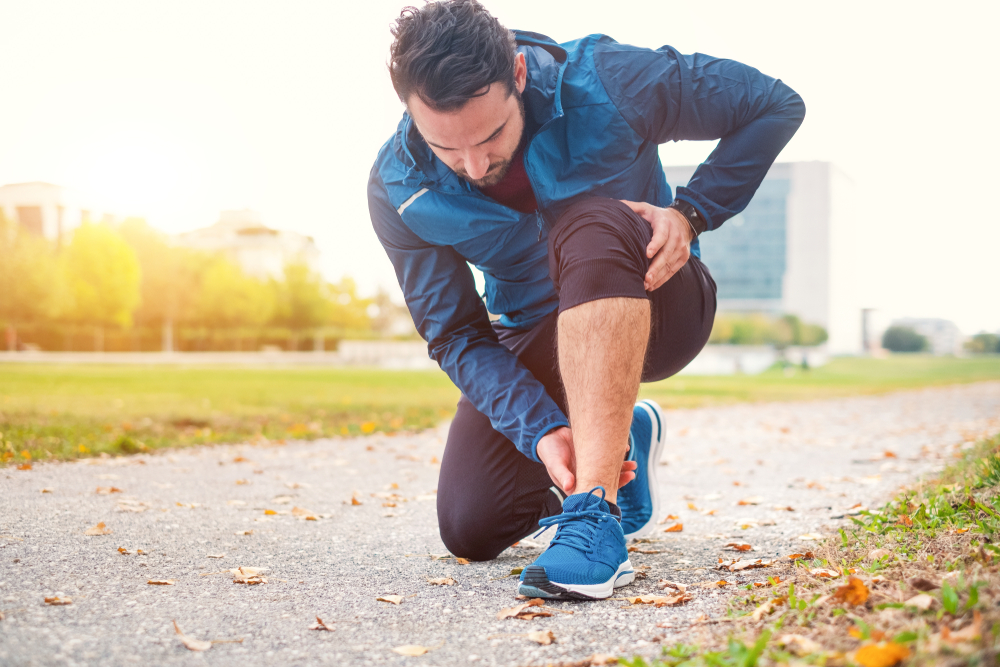
Muscle strains are common injuries that can happen to anyone — even someone who leads a relatively inactive lifestyle. You can treat mild strains at home with rest, ice, compression, and elevation (also known as RICE therapy). However, some strains require medical intervention to prevent more severe problems.
Also called a pulled muscle, a muscle strain happens when tiny muscle fibers stretch beyond their usual limits. Strains can cause these tiny fibers to tear, causing symptoms that can interfere with many daily activities.
At Jersey Integrative Health and Wellness, our team offers patient-centered care for muscle strains in patients at our offices in Wayne, and Jersey City, New Jersey. In this post, find out the six symptoms to watch out for, so you can seek appropriate treatment as quickly as possible.
1. Pain or tenderness
Pain in or around the muscle is arguably the most common symptom of a strained muscle. Most people notice their pain is worse when they move in specific ways, while others have a continual dull ache around the muscle. In addition, many people feel tenderness around the strained muscle, especially when pressing the muscle or the area around it.
2. Decreased range of motion
Since we depend on our muscles to move, it makes sense that when a muscle is strained, it affects your movement too. Depending on the affected muscle, you might have stiffness or reduced range of motion when climbing stairs or performing simple tasks like brushing your hair. Or, you might feel stiff simply while sitting and working at your desk.
3. Muscle weakness
A muscle strain is a type of muscle injury. Not surprisingly, when a muscle is injured, its function can be affected, too. Many people with muscle strain find their muscle feels weak when they try to use it, or the muscle feels tired or “fatigued,” even without being used.
4. Painful muscle spasms
Muscle strains interfere with the way the affected muscle moves. Your muscle may be prone to “overreacting” to stimuli, resulting in prolonged contraction that leads to spasms or cramps.
5. Swelling
Muscle strains involve some amount of inflammation. If your muscle strain is more severe, it’s not uncommon to have some swelling, which can cause additional problems with movement. Swelling tends to be more visible in people who don’t have a lot of body fat, making muscles more visible.
6. Redness or bruising
Swelling is just one possible “side effect” of inflammation. Some people with moderate to severe muscle strains may notice their skin looks red, or they may have bruising over or near the affected muscle.
Don’t ignore your symptoms
The symptoms of a strained muscle can be similar to a sprain, torn muscle, tendonitis, and other musculoskeletal injuries. Contact our office if you have persistent, recurrent, or worsening symptoms. Not only can prompt care help you feel better (and get back to your routine), but it can help prevent potential complications, too.
If you have the symptoms described in this post, don’t put off seeking care. Book an appointment online or over the phone at Jersey Integrative Health and Wellness today, so our team can evaluate your symptoms and prescribe the best treatment to help you feel better.


